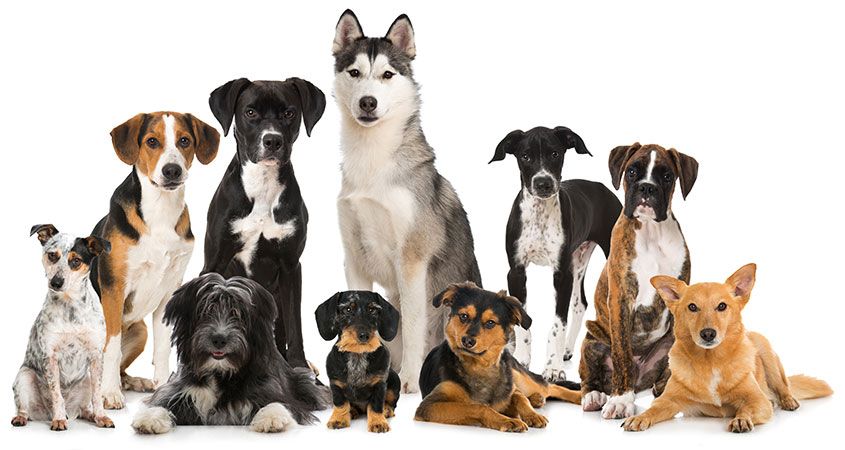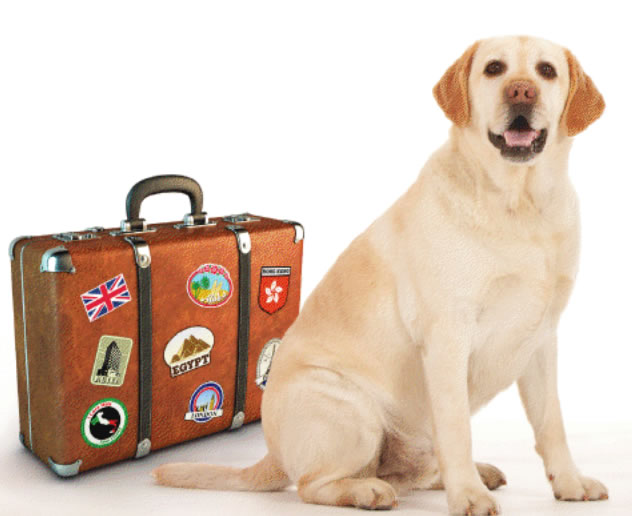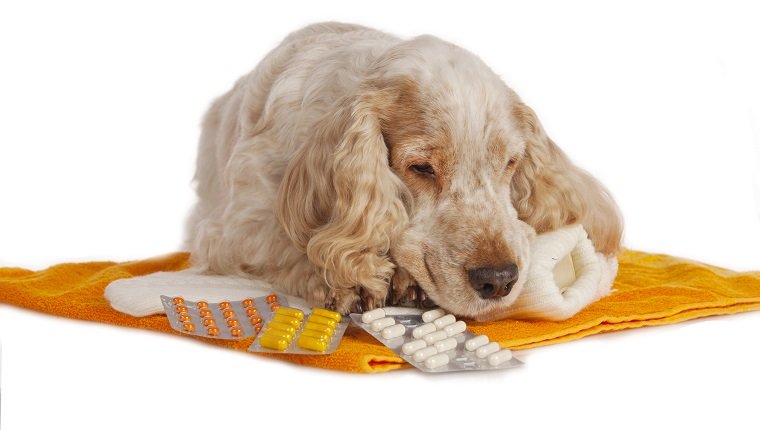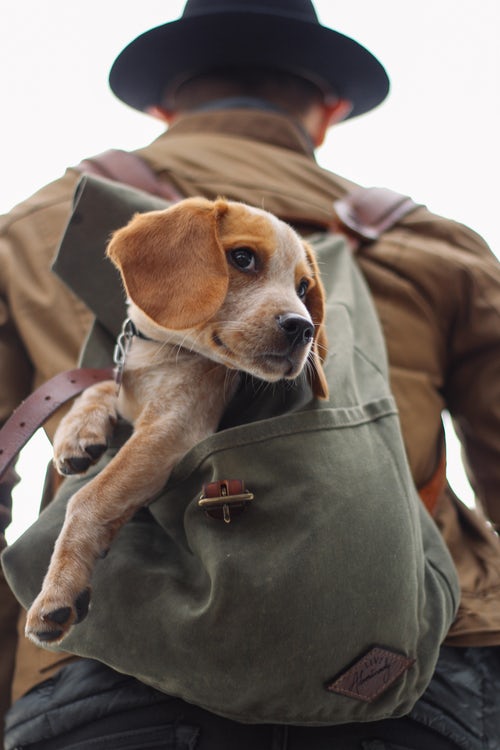First thing is to get Fluffy to a veterinarian for an examination and vaccination. Choose a veterinarian to visit regularly; don't count on the discounted shot clinics offered away from veterinary offices. Fluffy needs a personal doctor just as you do.
While you're at the veterinarian's office, ask questions about predispositions to medical problems. For example, some breeds are sensitive to skin or allergy problems, others to joint problems or bloat. The best place to get medical answers is from a qualified veterinarian.
After initial vaccinations are done, take Fluffy to the veterinarian for regular checkups, usually once a year, for boosters and a routine examination, and take him when you suspect or find a problem and when he's ill.
Now I understand you don't want to run to the veterinarian's office every day or week. There are some things you can and should do yourself to help insure his health and safety.
Clean, quality food and fresh water are a must. Fluffy's breeder and the veterinarian can help you select a food best suited to Fluffy. Food dishes must be kept clean, especially in hot weather when bacteria grow very rapidly. I recommend stainless steel dishes, elevated at least knee high for Fluffy. Stainless steel is nearly indestructible and can be sanitized very easily.
Exercise — physical and chewing — should be part of Fluffy's daily routine. Proper levels of exercise keep people and pets physically fit and help fight off disease. Exercise along with a proper feeding program should keep Fluffy from becoming overweight. Adjustments in food amounts and protein and fat levels need to be addressed as Fluffy ages — your veterinarian can help decide when changes are needed.
Chew toys help Fluffy relieve his natural chewing instinct in a positive manner and help keep his teeth clean. Regular toys help Fluffy occupy his time and enjoy himself while you're away.
Personal hygiene and grooming are part of everyone's daily life and should be part of Fluffy's life too. Have you ever smelled someone who hadn't bathed or used deodorant? Did you move away from them rather quickly? When were you last hot, tired, and really sweaty and dirty? Didn't a shower feel wonderful?
Well, Fluffy likes to be brushed and clean, too, and he's certainly a lot more pleasant to be around when he doesn't smell bad. You can handle some of the grooming at home; however, I recommend that all dogs be professionally groomed at least every 12 weeks. Many pets are bathed every week or two and groomed monthly or every six weeks because their owner's take pride in their pets' appearance.
Cleaning up the yard after Fluffy urinates and defecates can be a dirty job, but someone has to do it! Worm eggs leave the dog's body in the feces and worms can repeatedly re-infest the dog if the feces are not cleaned up. (The easiest way to deal with this job is to teach Fluffy to use one spot as a toilet so you always know where to look for the piles.)
You can do the clean-up chore right before an evening shower. If you have a hard time remembering to do the job, reward yourself afterwards with a fun romp with Fluffy or other special treat.
Do weekly home health inspections of Fluffy from head to tail and face to feet so you'll immediately know when something changes on his body or if an area becomes sensitive. Early detection can often save lives.
Basic obedience is important for every dog. I believe every pet should learn to obey “come,” “sit,” “down,” “stay,” “stand,” and “stop.” Many classes are available in the area; check the Bulletin board listings and the advertisements in Dog Owner's Guide to find a club or business near you.
Do a safety check of your house. Jot down problem areas as you check each room to see what dangers lie in wait for a puppy or dog. Things to watch for are electric cords that tempt puppy to chew or grab, cleaning rags or sponges left in puppy's reach, hanging cords on draperies and window blinds, small objects that puppy might swallow, a bowl of candy on the coffee table, etc. Keep puppy out of the garage — even a teaspoon of spilled anti-freeze can be deadly.
Make sure you can confine Fluffy when you cannot watch him. Use a crate or baby gates to keep him safe when you are busy.






